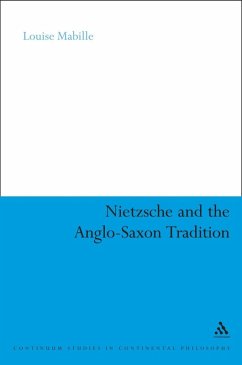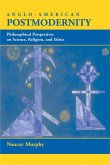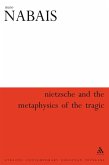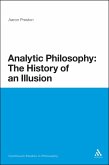This book offers the first detailed examination of the influence of the English-speaking world on the development of Nietzsche's philosophy. In recent years, Nietzsche's reputation has undergone a transformation and he is today seen as one of the greatest defenders of human freedom. His is more than just a model for political liberty. It is a grand vision of what humanity could be if it really unleashed its creative power. And Nietzsche owes more than just a passing debt to the Anglo-Saxon world in the construction of this vision.
Yet much of what Nietzsche has to say about the British philosophy reaches the pitch of denunciation and personal insult. He refers to Darwin as 'mediocre'; and to John Stuart Mill as 'that flathead'. While he gladly acknowledges the French roots of his thought, very little has been said about the English giants whose influence abounds in his work.
Louise Mabille fills a gap in the scholarship on Nietzsche by offering an important and fascinating account of his engagement with the Anglo-Saxon philosophical tradition.
Yet much of what Nietzsche has to say about the British philosophy reaches the pitch of denunciation and personal insult. He refers to Darwin as 'mediocre'; and to John Stuart Mill as 'that flathead'. While he gladly acknowledges the French roots of his thought, very little has been said about the English giants whose influence abounds in his work.
Louise Mabille fills a gap in the scholarship on Nietzsche by offering an important and fascinating account of his engagement with the Anglo-Saxon philosophical tradition.









